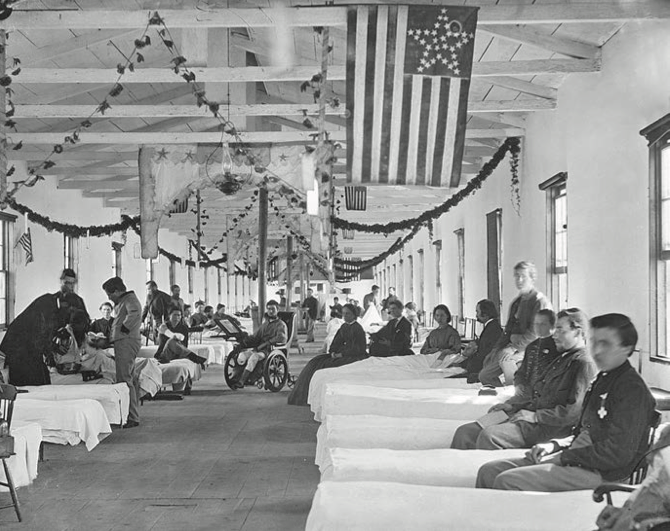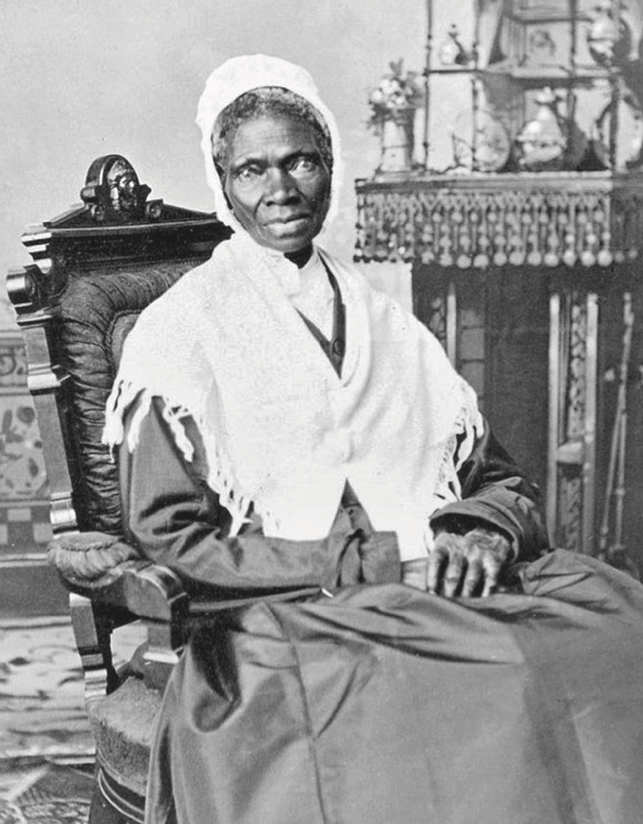

Dr. Alexander Augusta
Whereas pre–Civil War, African Americans wishing to pursue medicine often had to resort to studying in Canada, post–Civil War, more schools accepted African Americans. An example of the trajectory of African Americans and their training prior to the war can be seen in Dr. Alexander Augusta.
This is a part of our ongoing series called Healthcare Heroes. Part I looked at memorable achievements in medicine during World War II in Detroit.
Dr. Alexander Augusta secretly learned to read, with the help of Bishop Daniel Payne and, by the 1840s, had moved to Baltimore, Maryland, to begin studying medicine with private tutors while he worked as a barber. According to Dr. Montague Cobb, who wrote one of the definitive articles on Dr. Augusta, “He obtained his early education by stealth from [Episcopalian] Bishop Payne, as it was then against the law to teach colored persons.”
On April 14, 1863, Augusta was appointed surgeon of the United States Colored Troops (USCT). After Augusta received his commission, he was sent to Camp Barker in Washington, D.C. For many officers in the Union army, although they believed in spirit that there should be equality for all, they had few dealings with African Americans. Several lower-ranking officers were perplexed as to how to deal with a higher-ranking African American officer.
Friends and foes alike saw Augusta as a fighter and champion for the rights of African Americans. As Newby puts it: “In his admiration of his mentor and colleague, Dr. Alexander T. Augusta, Abbott at the same time questioned the actions of Augusta when Augusta openly challenged a system which suppressed the advancement of his race.” Augusta had worked hard for his position in society and insisted that his freedom, not condescension or favor, should give him the rights accorded to any other free citizen in the United States. He did not hesitate to challenge those who stood in his way.
Dr. Charles Purvis

Dr. Charles Purvis was the grandson of James Forten Sr., the civil rights leader. Purvis went to Oberlin College and attended Wooster Medical College. In 1864, Purvis began working as a military nurse at Camp Barker with ex-slaves. He graduated from medical school in 1865 and enlisted in the Union army as an acting assistant surgeon. He would serve from 1865 to 1869, treating mostly freedmen. While at the Freedmen’s Hospital, Purvis saw a succession of leaders including Alexander Augusta, William Powell, Caleb Horn and Anderson Abbott.
Purvis’s thoughts on African Americans and their role in the Civil War were clear: “The Negro slave, guided by some altruistic power, embraced every opportunity to escape his bondage to the seat of government. He was not encouraged in his endeavor, really not desired, still in numbers he came.”
Notable Civil War Nurses

Harriet Tubman was a nurse in Port Royal and aided the majority of soldiers, who had dysentery and smallpox.
Sojourner Truth was known as a champion for the rights of women and African Americans and worked in the Freedmen’s Hospital and Freedmen’s Village to bring comfort to the soldiers during the war.
Jane Isabella Saunders, also known as “Aunt Jane,” was hired by Alexander T. Augusta at the Contraband Hospital in D.C. to tend to the sick and injured. She worked at the hospital in 1865.
Maria Mitchell was an ex-slave who served in several hospitals in and around Washington and Alexandra Virginia, including L’Ouverture Hospital and the Contraband Hospital. She contracted with the army on May 16, 1864, to serve as a nurse.
Maria Toliver was born in 1839 on a plantation in Williamsburg. She fled to Washington in 1862. According to Toliver, in her pension application, “I was born in Williamsburg, Virginia and was sold into King William Col., VA and ran off from my master about 1862…about 3 months after I came here to Washington, I [was] hired to a Dr. James Pettijohn to nurse in the Hospital at Camp Barker.”
Buy the Book: African American Medicine in Washington, D.C. by By Heather M. Butts JD MPH MA, Foreword by Dr. Hugh Florenz Butts MD

